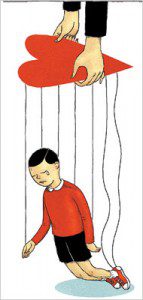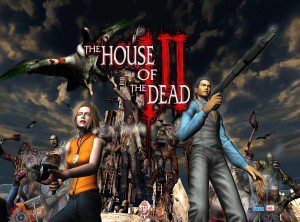September 14th 2009.
“In 2004, two Israeli researchers, Avi Assor and Guy Roth, joined Edward L. Deci, a leading American expert on the psychology of motivation, in asking more than 100 college students whether the love they had received from their parents had seemed to depend on whether they had succeeded in school, practiced hard for sports, been considerate toward others or suppressed emotions like anger and fear.
It turned out that children who received conditional approval were indeed somewhat more likely to act as the parent wanted. But compliance came at a steep price. First, these children tended to resent and dislike their parents. Second, they were apt to say that the way they acted was often due more to a “strong internal pressure” than to “a real sense of choice.” Moreover, their happiness after succeeding at something was usually short-lived, and they often felt guilty or ashamed.
Click here for the full article:
http://www.nytimes.com/2009/09/15/health/15mind.html?_r=0
By Alfie Kohn







